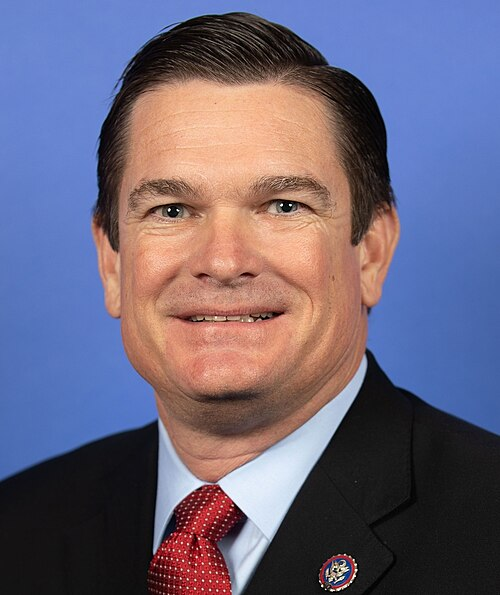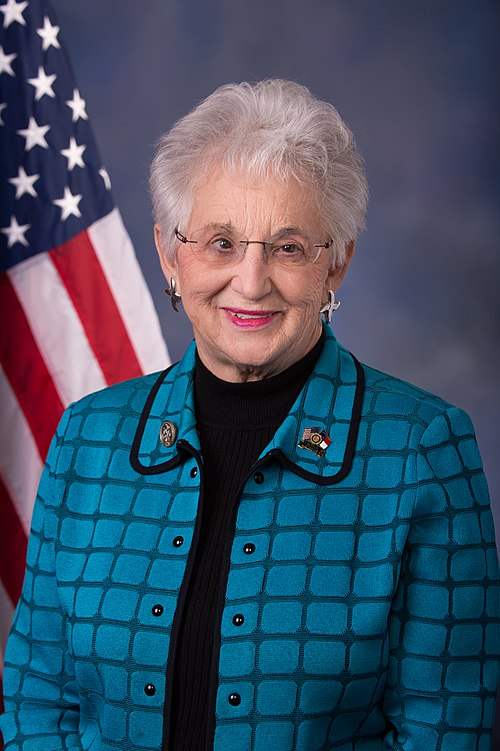H.R. 4497: Extreme Heat Emergency Act of 2025
This bill, titled the Extreme Heat Emergency Act of 2025, proposes an amendment to the Robert T. Stafford Disaster Relief and Emergency Assistance Act. The key element of this legislation is the addition of "extreme heat" to the list of conditions that can be designated as a major disaster.
Key Provisions
- Amendment to Disaster Definition: The bill seeks to change Section 102(2) of the Stafford Act by explicitly including "extreme heat" as a qualifying condition for a major disaster declaration.
- Disaster Relief Provisions: Including extreme heat would allow affected areas to access disaster relief resources and assistance available under the Stafford Act during extreme heat events, similar to how they currently would for other natural disasters like floods or hurricanes.
- Implications for Emergency Response: This change is intended to facilitate a quicker and more coordinated response to extreme heat events, potentially helping communities manage health risks and other impacts associated with severe heat waves.
Context and Rationale
The rationale behind this bill highlights the increasing frequency and severity of extreme heat events, which are becoming more common due to climate change. By recognizing extreme heat as a major disaster, the bill aims to ensure that communities are better prepared and equipped to handle the associated challenges.
Potential Impact
Should this legislation pass, local governments and states would be able to declare extreme heat events as disasters, leading to federal support for emergency measures, public health programs, and infrastructure improvements aimed at mitigating the effects of extreme temperatures.
Relevant Companies
- GE: General Electric could see an impact due to potential increased demand for cooling systems and energy efficiency technologies as communities seek to adapt to extreme heat.
- DTE: DTE Energy may experience increased pressure on energy resources and infrastructure as more households and businesses utilize air conditioning during extreme heat events.
- ABBV: AbbVie might face increased healthcare-related costs and demands due to health issues arising from extreme heat, which could affect patient care and treatment protocols.
This is an AI-generated summary of the bill text. There may be mistakes.
Sponsors
11 bill sponsors
-
TrackSylvia R. Garcia
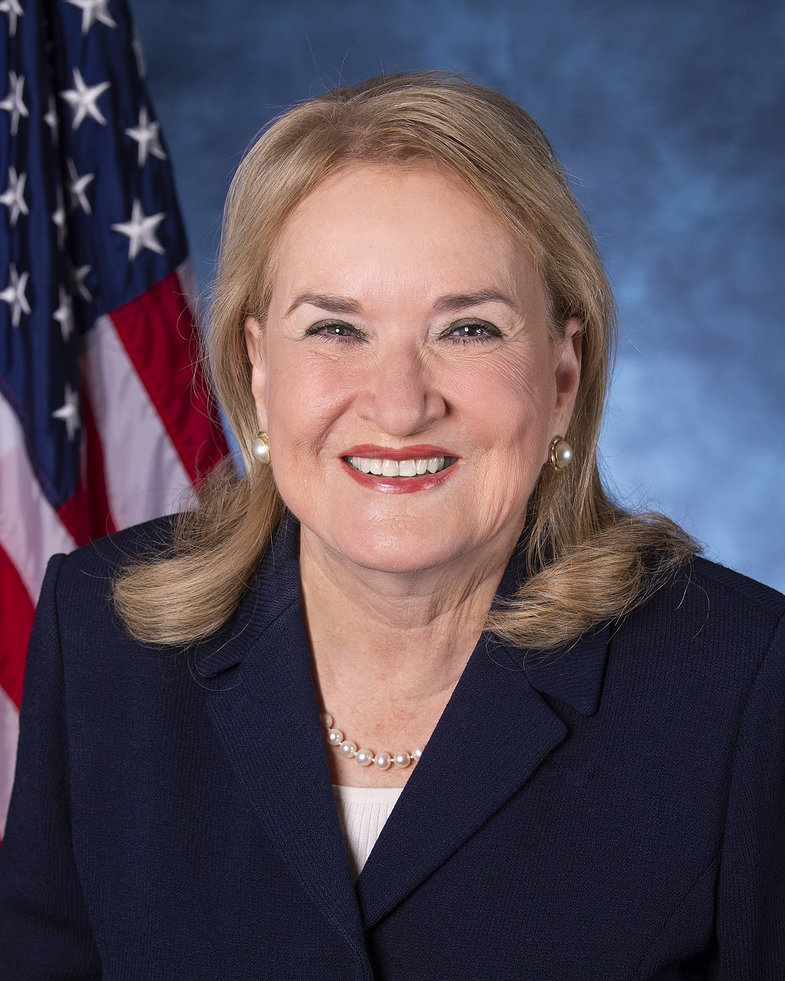
Sponsor
-
TrackGreg Casar

Co-Sponsor
-
TrackSean Casten
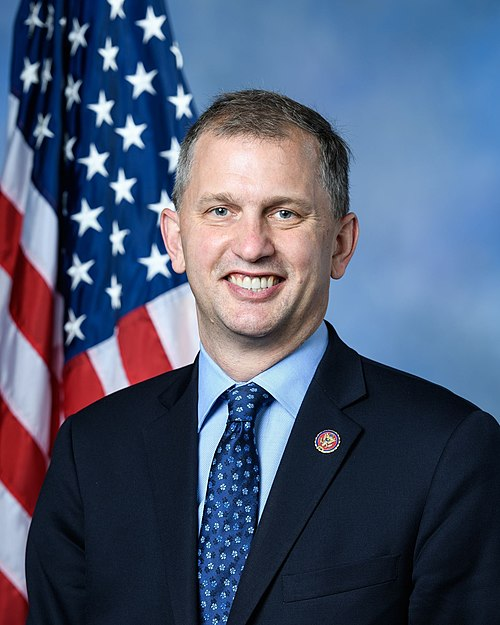
Co-Sponsor
-
TrackMaxwell Frost

Co-Sponsor
-
TrackJared Huffman
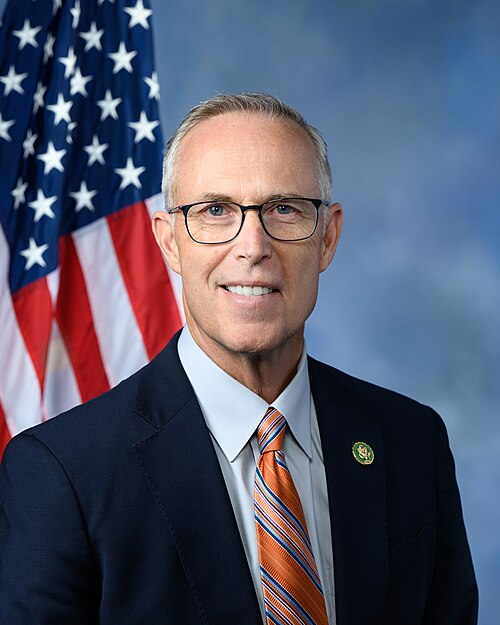
Co-Sponsor
-
TrackMichael Lawler
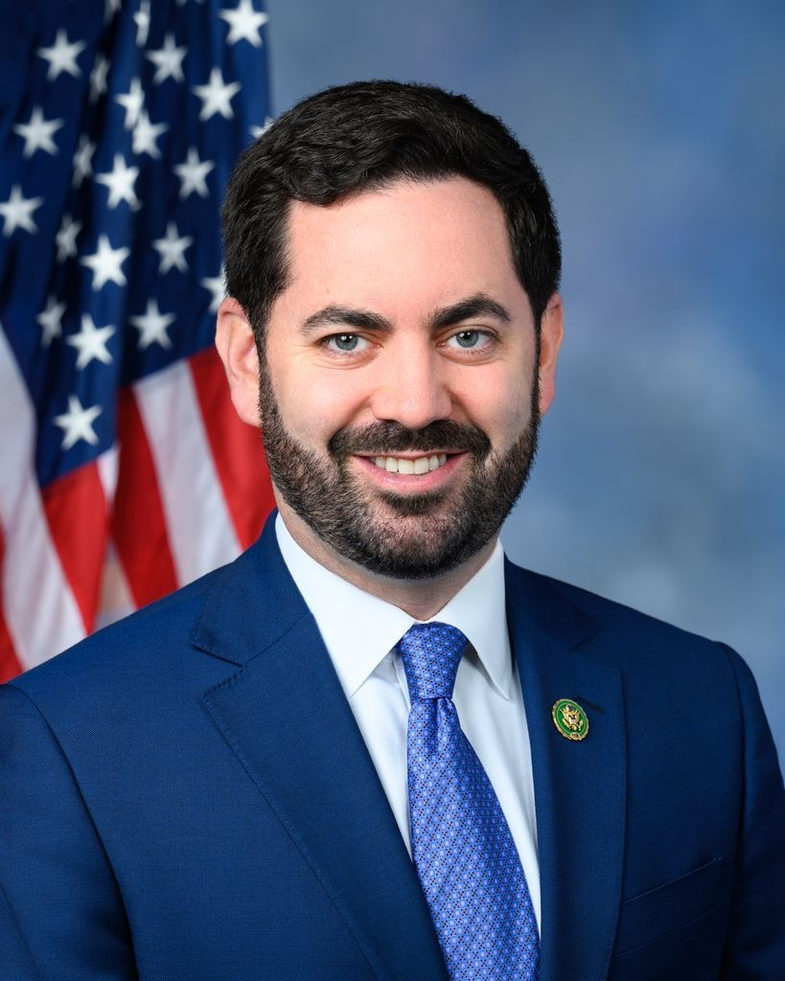
Co-Sponsor
-
TrackKevin Mullin
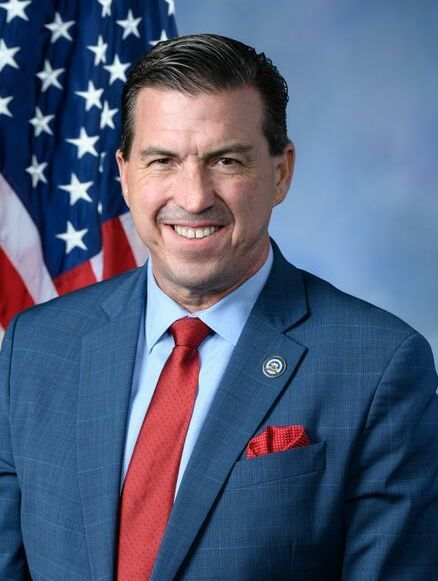
Co-Sponsor
-
TrackEleanor Holmes Norton

Co-Sponsor
-
TrackRaul Ruiz
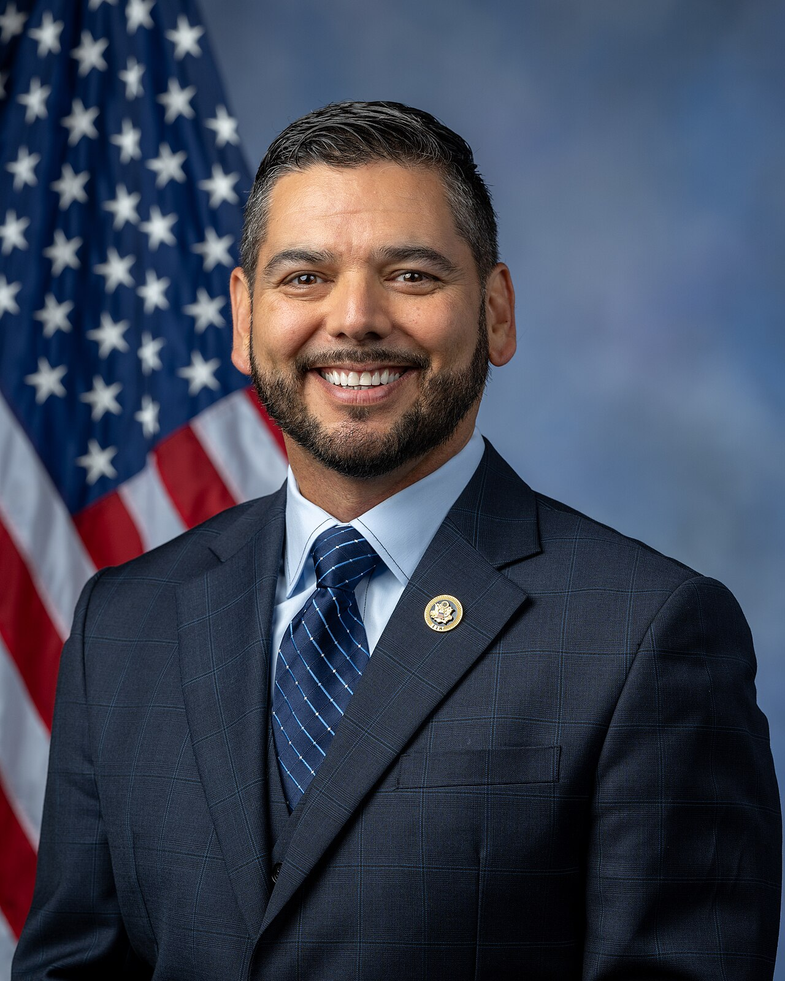
Co-Sponsor
-
TrackShri Thanedar

Co-Sponsor
-
TrackDina Titus

Co-Sponsor
Actions
3 actions
| Date | Action |
|---|---|
| Jul. 18, 2025 | Referred to the Subcommittee on Economic Development, Public Buildings, and Emergency Management. |
| Jul. 17, 2025 | Introduced in House |
| Jul. 17, 2025 | Referred to the House Committee on Transportation and Infrastructure. |
Corporate Lobbying
0 companies lobbying
None found.
* Note that there can be significant delays in lobbying disclosures, and our data may be incomplete.








